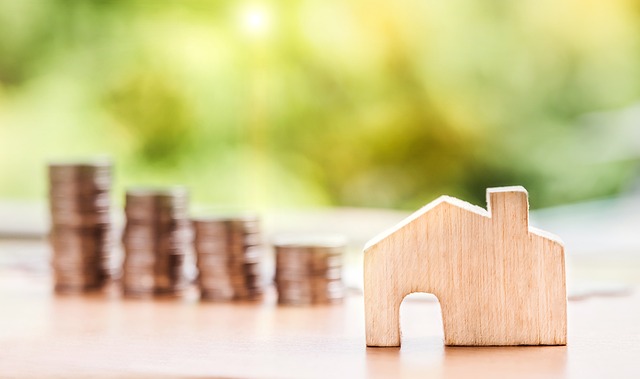Landlord Blog
Education and news for smart DIY landlords!
How to Save for a Down Payment While Renting

Saving for a down payment on a home is a significant financial goal, and if you're currently renting, you may wonder how to make progress towards that goal while covering your monthly rental expenses.
While it may seem challenging, with proper planning, budgeting, and smart financial choices, the good news is that you can still save for a down payment even when you’re renting. Here are some tips to help you on your path to homeownership.
Set a Realistic Savings Goal
Determine how much you need to save for your desired down payment. A general rule of thumb is to aim for a 20% down payment to avoid private mortgage insurance (PMI) and secure better loan terms.
Calculate the percentage of the purchase price you need to save and set a specific savings goal. Break down the goal into smaller, manageable monthly or weekly targets to track your progress and stay motivated.
Read more: 8 Savvy Ways to Save Money for a House This Year
Create a Budget and Track Expenses
Establish a budget to track your income and expenses. Start by listing all your monthly income sources and then track your expenses over a few months to identify areas where you can cut back.
Analyze your spending habits and prioritize your needs over wants. Look for opportunities to reduce discretionary expenses like dining out, entertainment, or subscription services and redirect those funds towards your down payment savings.
Automate Your Savings
Set up automatic transfers from your checking account to a designated savings account specifically for your down payment. Treat your savings like any other monthly bill and make it a non-negotiable expense. Automating your savings ensures consistency and discipline, helping you accumulate funds over time without the temptation to spend the money elsewhere.
Cut Rent Expenses

Explore opportunities to reduce your rental expenses. Consider downsizing to a smaller, more affordable rental unit, sharing the rent with a roommate, or moving to a less expensive neighborhood. If your lease allows, negotiate with your landlord for a lower rent or seek out potential rent discounts. Any reduction in rental expenses can free up more funds for your down payment savings.
Boost Your Income
Look for ways to increase your income and accelerate your savings. Explore part-time job opportunities, freelance work, or monetize your hobbies and skills. Consider taking on additional shifts, starting a side business, or pursuing gig economy jobs. Any extra income you generate can go directly towards your down payment savings.
Reduce Debt and Improve Credit
Reducing your debt and improving your credit score can help you qualify for better mortgage terms and potentially save money in the long run. Prioritize paying off high-interest debt and focus on improving your credit utilization ratio. Make timely payments on your existing debts and avoid taking on new debt that may hinder your ability to save.
Take Advantage of Financial Assistance Programs
Research down payment assistance programs, grants, or loans that may be available to first-time homebuyers. Many government and non-profit organizations offer financial assistance or reduced-interest loans to help individuals save for a down payment. Understand the eligibility criteria and requirements for these programs and take advantage of any opportunities that align with your goals.
Stay Focused and Motivated
Saving for a down payment can be a long-term endeavor, and it's important to stay focused and motivated. Keep your end goal in mind and regularly remind yourself of the benefits of homeownership. Celebrate small milestones along the way to keep your motivation high. Consider visual reminders, like a vision board or savings tracker, to stay engaged and inspired.
Over to You
By creating a realistic savings goal, budgeting diligently, reducing expenses, boosting your income, and taking advantage of assistance programs, you can make steady progress toward your homeownership dreams. Stay committed to your savings plan and adapt your strategies as needed.
